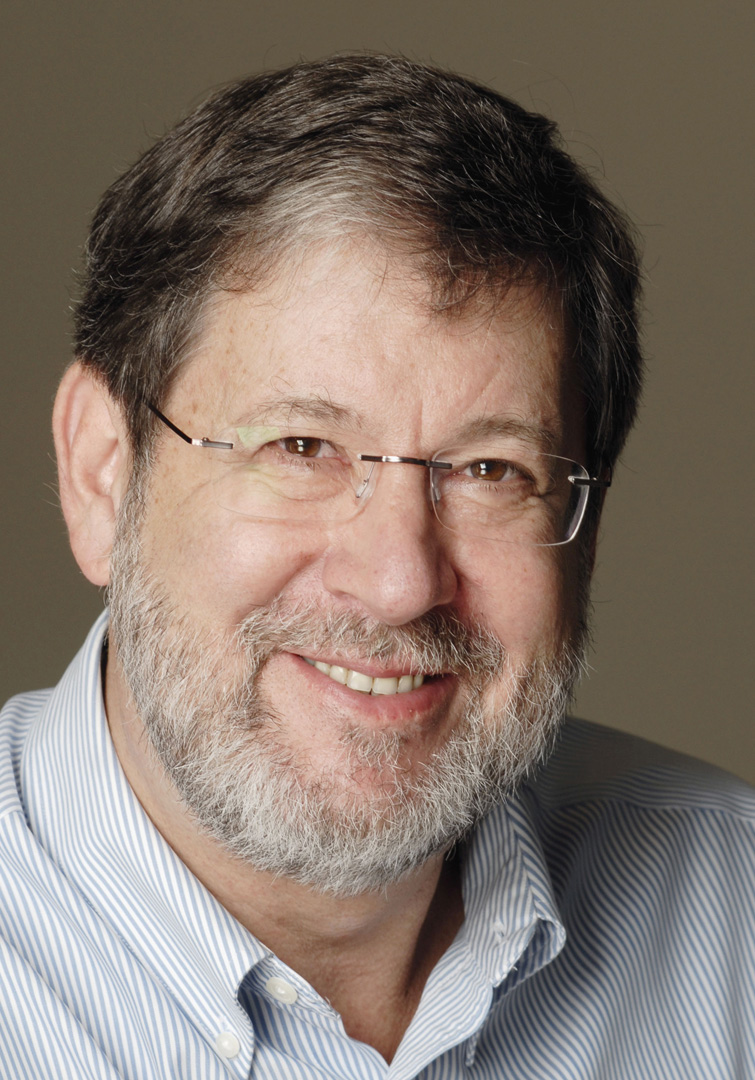The Mattick Lecture
The annual lecture is named in honour of Professor John Mattick AO. Professor Mattick co-founded IMB at the turn of the century, as the era of genomics was dawning. In the nearly quarter of a century since then, Professor Mattick has been part of a global research effort that has made massive strides in understanding our genome, and the complex interplay between our genes and our environment.
Venue
306 Carmody Road, St Lucia, 4067

About
Professor John Mattick AO FAA FTSE FAHMS FRSN HonFRCPA co-founded IMB at the turn of the century, as the era of genomics was dawning. In the nearly quarter of a century since then, Professor Mattick has been part of a global research effort that has made massive strides in understanding our genome, and the complex interplay between our genes and our environment. Join Professor Mattick as he returns to IMB to deliver the inaugural lecture in the series named for him.
The so-called Central Dogma of molecular biology was based on early studies of the bacterium Escherichia coli and other simple organisms, and holds that segments of DNA (genes) are transcribed into RNAs that are translated into proteins. Consequently it was widely assumed that genes mainly encode proteins and that genetic information is transacted by proteins. It was a shock therefore to find that only about 1% of the human genome specifies proteins and that the number of human protein-coding genes (about 20,000) is much the same as that in a tiny worm with only 1,000 cells.
The vast tracts of non-protein-coding DNA that lie within and between protein-coding genes were initially rationalised as evolutionary junk. However, it became evident that the noncoding DNA is not inert but is dynamically transcribed into a myriad of small and large ‘noncoding RNAs’ in different cells and tissues. Many if not most of these RNAs are the products of genes called ‘enhancers’, which control the spatiotemporal patterns of gene expression during development, estimated to number around 1 million (+/- 500,000) in humans. Many genomic regions associated with complex traits and diseases express noncoding RNAs, key candidates for therapeutic intervention. Plasticity is superimposed on these otherwise hardwired regulatory RNA circuits by chemical modifications, especially in the brain.
The emerging picture is that the human genome is not comprised of oases of protein-coding sequences in a desert of junk, but rather islands of protein-coding sequences in a sea of regulation, mostly transacted by RNA.
Professor John Mattick AO
Professor of RNA Biology, UNSW Sydney
Honorary Professor of Molecular Biology, Institute for Molecular Bioscience, The University of Queensland
Professor Mattick was largely responsible for the establishment of the IMB. He was the founding co-Director with Professor Peter Andrews from 2001-2002, and sole Director until the end of 2005, when he relinquished the post to concentrate on his research into noncoding RNA.
John obtained his BSc with First Class Honours from the University of Sydney, and his PhD from Monash University, then undertook postdoctoral work at Baylor College of Mediciner in Houston, before returning to CSIRO where he developed the first genetically engineered vaccine in Australia. He was recruited to the University of Queensland in 1988 as the Foundation Professor of Molecular Biology and Director of a new Centre for Molecular Biology and Biotechnology, which ultimately became the IMB.
John is a Fellow of the Australian Academies of Science, Technology & Engineering, and Health & Medical Sciences, and an Honorary Fellow of the Royal College of Pathologists of Australasia. He has published over 300 papers, which have been cited over 90,000 times. His honours and awards include the Australian Government Centenary Medal, the Order of Australia, the International Union of Biochemistry and Molecular Biology Medal, Foreign Membership of the European Molecular Biology Organisation, the inaugural Gutenberg Medal of the University of Strasbourg, the Lemberg Medal of the Australian Society for Biochemistry and Molecular Biology, the University of Texas Bertner Award for Distinguished Contributions to Cancer Research, and the Human Genome Organisation Chen Medal for Distinguished Achievement in Human Genetics and Genomic Research.
